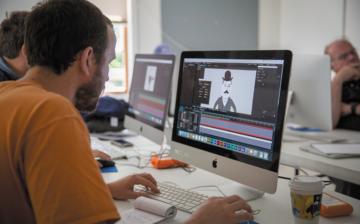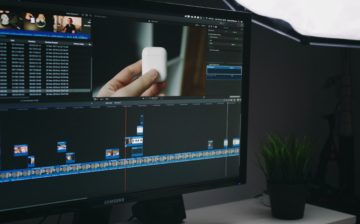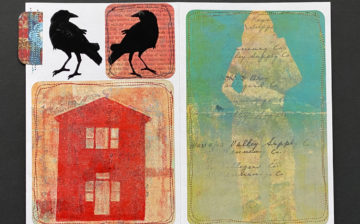Workshops
This extraordinary fall 10-week filmmaking intensive offers a package of classes taught by accomplished working professionals to equip the complete filmmaker.
Dates:
Aug 26, 2024 - Nov 1, 2024
Levels:
Beginner,
Intermediate,
Advanced,
Workshop Fee: $14995
Workshop Duration: 10-weeks
Workshop Location: On-campus
Class Size: 14
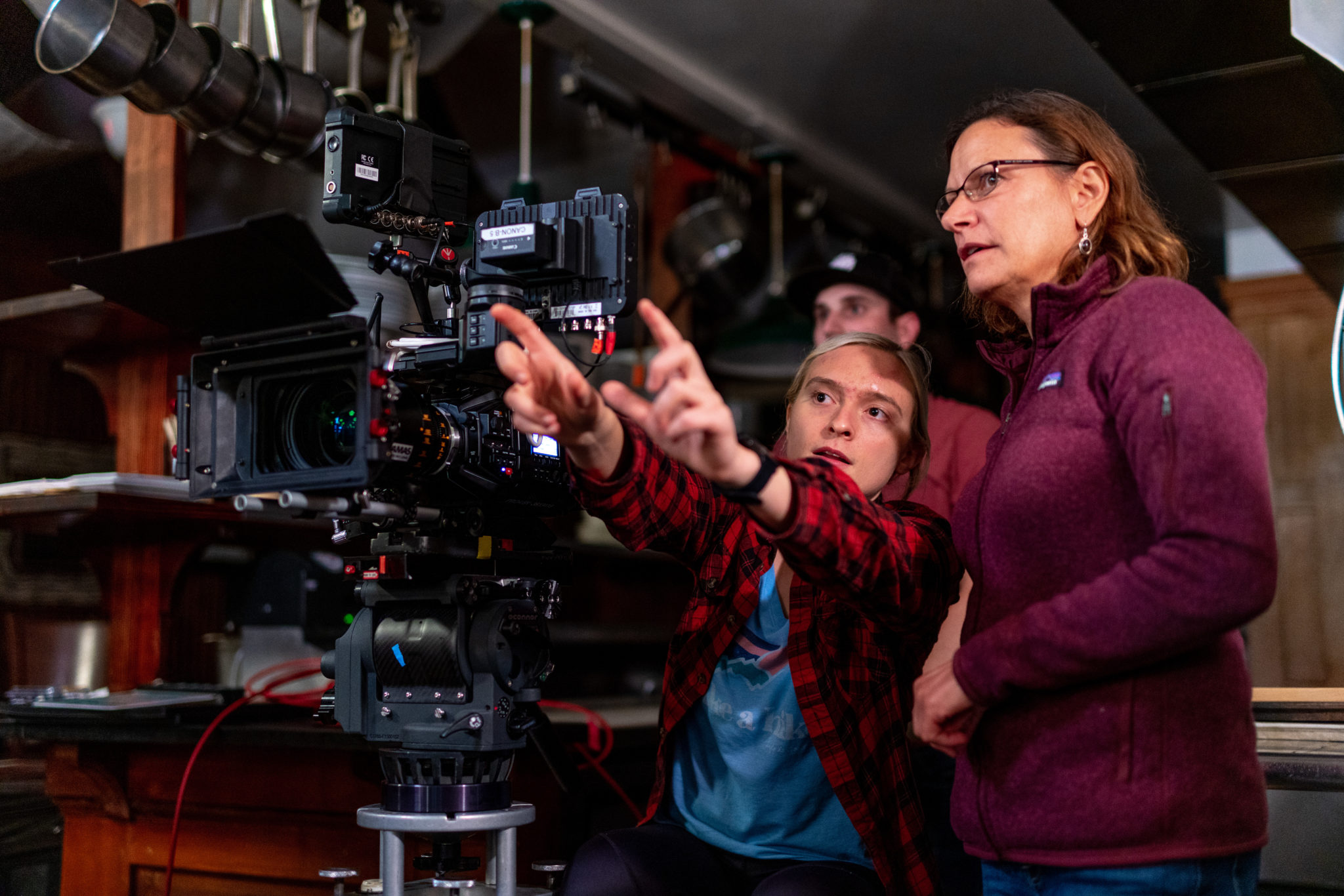
To realize their vision, a filmmaker must intimately understand not only the key creative and practical dynamics of their job – but also the roles of their closest collaborators during the development, production, and post-production process of a film.
This extraordinary intensive offers a package of classes to equip the complete filmmaker. Each workshop is led by an accomplished working professional who will provide a uniquely qualified real-world perspective on the realities of the craft, the art and business of filmmaking, and the dynamics of working in collaboration with one another to create and direct a film. View the workshops.
Please note: Each of these workshops can also be taken individually if you are looking to take a specific class. Please contact Registration for information on room & board fees for intensives at [email protected].
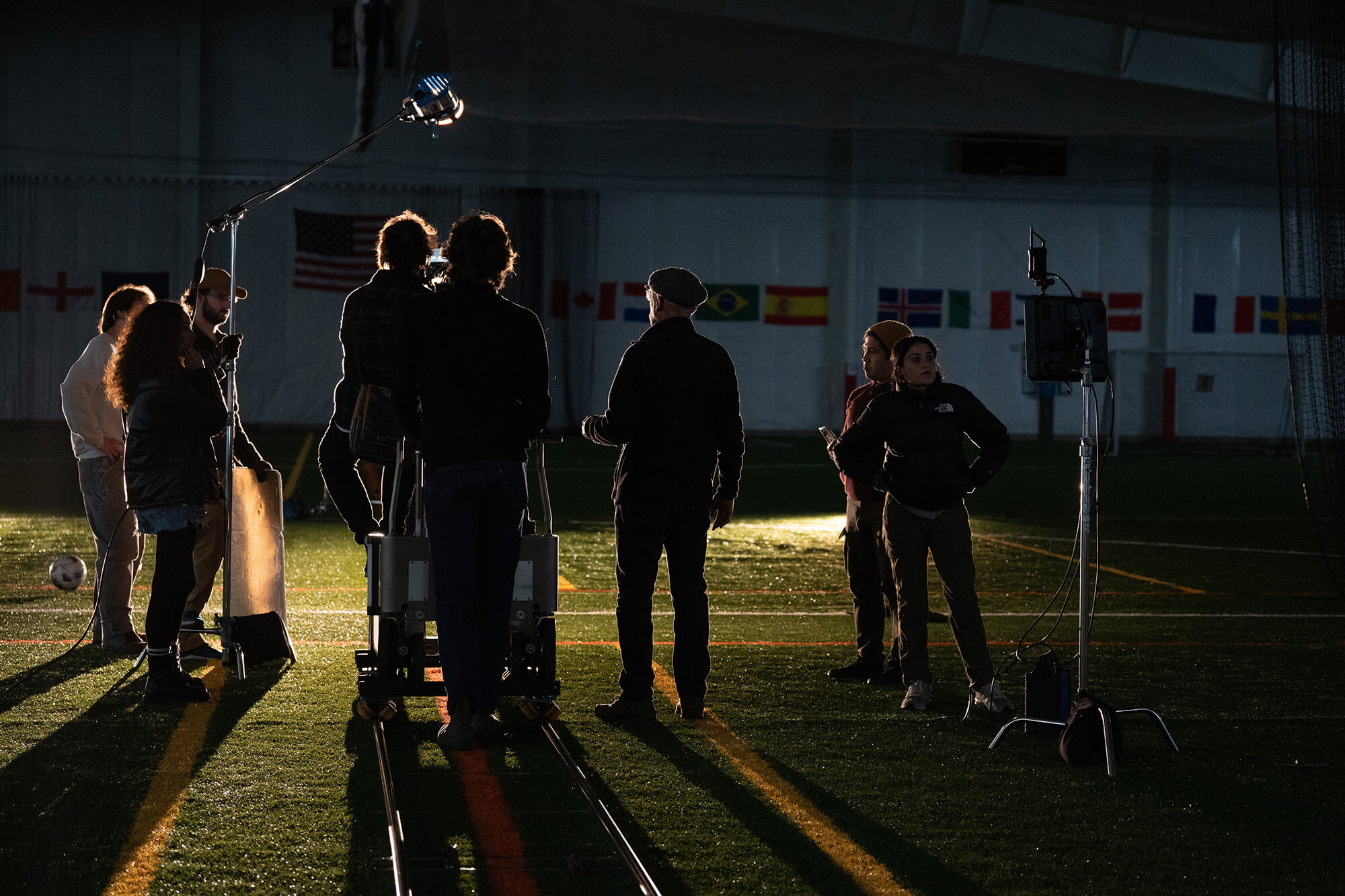
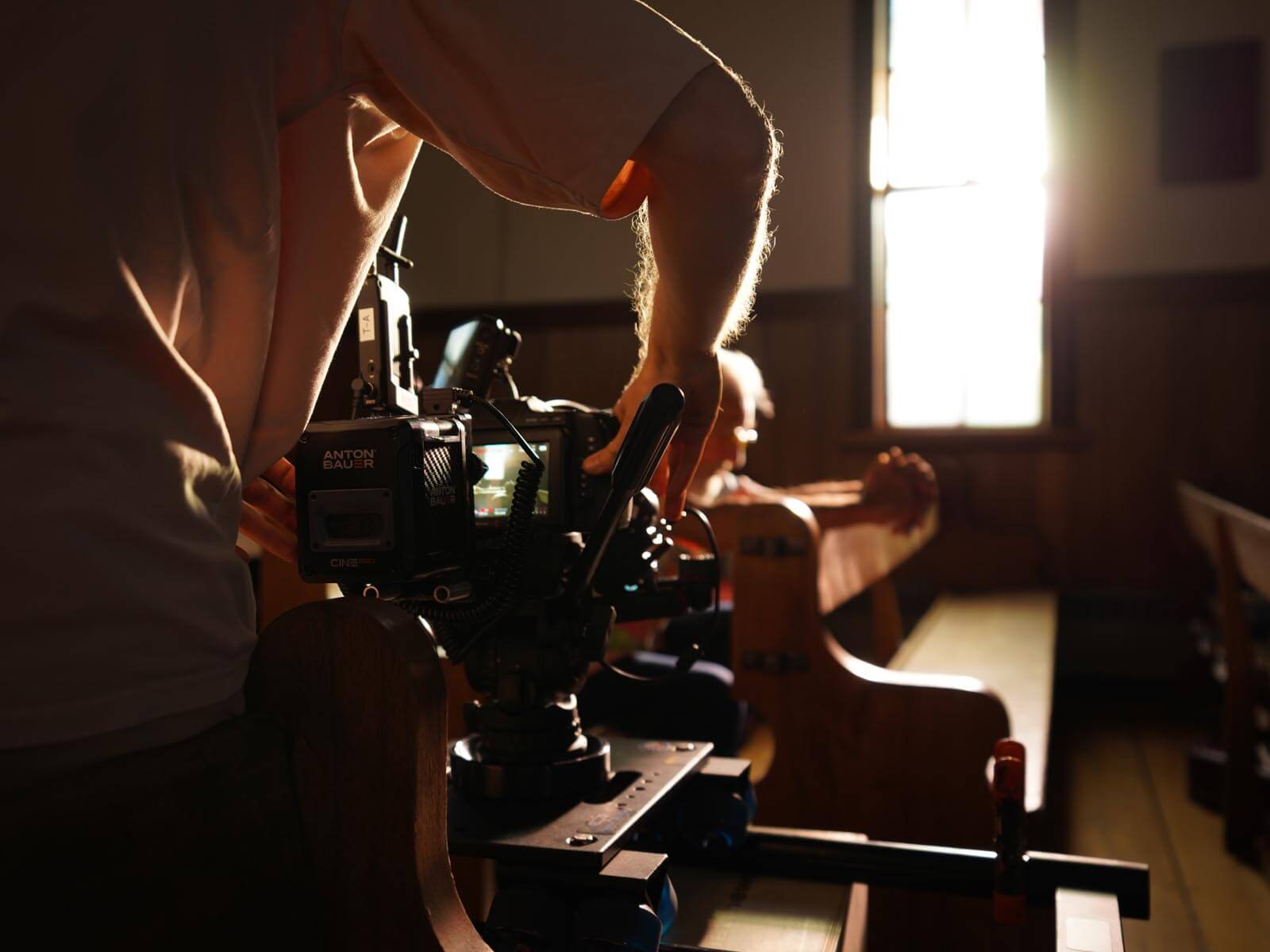
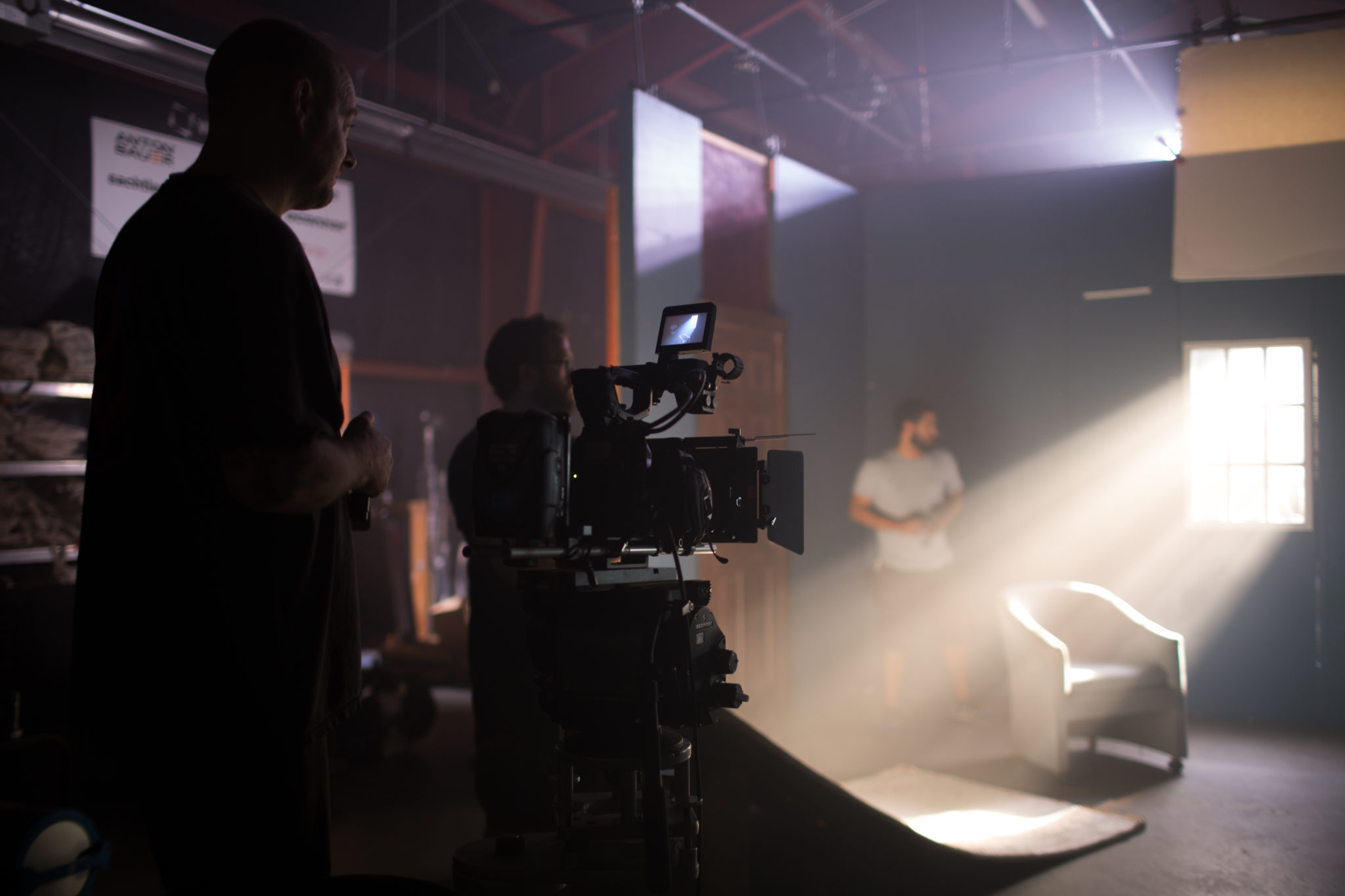
Why Take Filmmaking Workshops At Maine Media
For five decades, Maine Media has trained artists to be on the cutting edge of their mediums. When you access our uniquely intensive and immersive programs, you’ll have the opportunity to take a deep dive into cinematography, directing, documentary, screenwriting, performing, audio, editing, and post-production under the intimate direction of accomplished professionals.
Maine Media students have gone on to win Oscars and Emmys for directing game-changing films and shows like Birdman, The Revenant, Game of Thrones, Breaking Bad, The Walking Dead, Westworld, American Horror Story, and Better Call Saul. Their cinematography credits include Avatar: The Way of Water, Titanic, Wolf of Wall Street, House of Cards, The Irishman, and music videos for artists like Taylor Swift, Michael Jackson, Beyoncé, and Billie Eilish. At just one recent Academy Awards, our alumni won Oscars for Best Picture, Best Director, Best Screenplay, and Best Documentary Feature. In fact, Alejandro G. Iñárritu joined the annals of Oscar history by winning Best Director two years in a row!
Our list of Distinguished Alumni attests to how Maine Media has equipped filmmakers to realize their dreams.
Please note: An hour-long training session on Set Etiquette and Safety will be required of anyone registered for a workshop that involves production. Students only need to participate in this session once during their time on campus.
The Fall 10-Week Filmmaking Intensive Workshops (Aug 26-Nov 1, 2024)
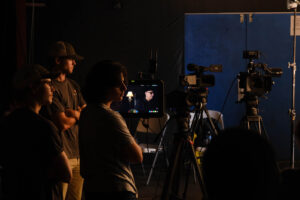
Week 1-2: 2-Week Film School
This two week film school immerses students in the essentials of film production and post production. Experience all the key facets of filmmaking: from the development of an idea, through production, editing and finishing. For new filmmakers, film students, graduates, and those who have yet to make their first film or work professionally in the field.
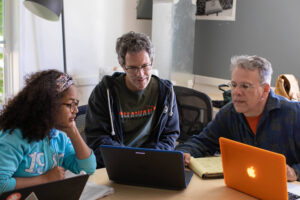
Week 3: Story Structure and Character Development
This unit provides a solid foundation in the essentials of screenwriting: concept, character, story, plot, dialogue, and structure. Guided by a professional screenwriter, students will examine format, the importance of visual storytelling, developing an economical writing style, the process of shaping story, creating compelling character arcs, constructing scenes and sequences, writing effective dialogue, the fundamentals of suspense and tension, and how to outline. The realities of the marketplace will also be discussed. Through writing exercises, students will implement the dynamics discussed in class. Scenes will be workshopped.
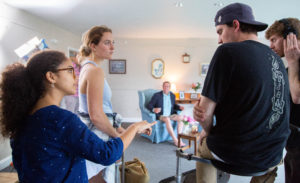
Week 4: Creative Producing for Film & TV
Guided by a deeply-experienced producer, learn how to produce for film & TV, and shepherd projects all the way from greenlight to distribution. A producer must be adept at bridging creative and financial worlds in order to make a film or TV project happen. This workshop closely examines the role of the creative producer in overseeing the development and production of a project from conception to completion. Particular attention will be paid to strategies for getting a project to be financed and greenlit.
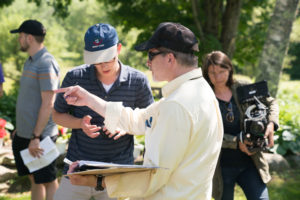
Week 5: The Director's Craft
With the guidance of an accomplished director, students explore and develop effective ways to lead, inspire, manage and direct the cast and crew’s creative energies in order to realize the directorial vision. You will explore and practice casting, and rehearsal techniques, as well as script and scene analysis. Discover how to constructively communicate with your collaborators and break through the obstacles that keep you from being the most effective director and visual storyteller that you can be.
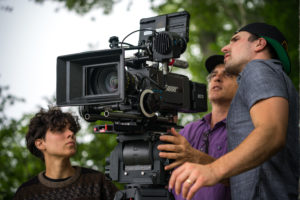
Week 6: Framing The Narrative
The class will examine how different choices in framing and lens choices can impact the power of a scene. Special attention will be paid to how framing, lenses and lighting can be used to illuminate a character’s emotional and psychological state. Students will weigh how traditional scene coverage versus an unconventional approach can enormously alter how the audience experiences a dramatic moment.
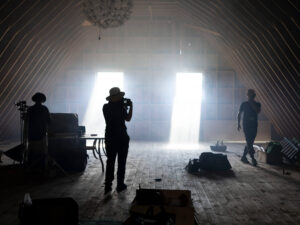
Week 7: The Art of Cinematography
This workshop covers the fundamental technical aspects and aesthetic considerations of the craft and process of cinematography. Students explore the camera as a tool, and the theory of cinematic storytelling. They are introduced to fundamental concepts through lectures and demonstrations. They explore the theory and use of exposure, lens selection, frame rate, shutter angle, depth-of-field and composition. Through hands-on exercises in-studio and on location, led by a career cinematographer, participants get their feet wet shooting with digital cinema cameras, as well as with various lenses, filtration, and lighting units.
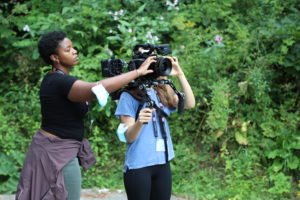
Week 8: Nonfiction Cinematography
This one-week course is for emerging documentary filmmakers and cinematographers who want to explore the technical and creative role that the camera plays in documentary production. Students learn the best camera techniques for documentary and narrative work in order to deepen their mental and physical understanding of scene coverage. We will explore shot design, camera movement, and point-of-view. Students will also gain insight into the working relationship between the Director of Photography, the Director, their crew, their environment, and most importantly, their subjects.
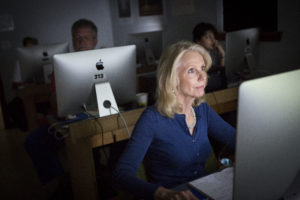
Week 9: Editing & Post Production Bootcamp
This hands-on workshop immerses students in the aesthetics, tools, and workflow involved in film editing and post-production. We will examine the essentials of the full process: from workflow and file management to cutting and the dynamics of storytelling.
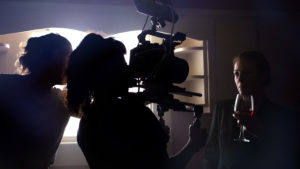
Week 10: The Camera & Visual Storytelling
This workshop will focus on the cinematic language and grammar of shot design, composition, camera placement, and movement, and how these techniques are employed to tell effective and emotional stories. Students will work with a distinguished cinematographer as their instructor. The subtle differences in visual styles and their effects on the viewer are addressed through exercises and screenings. The course will be heavily project-based and the entire latter half of the week will be dedicated to shooting original concepts. By week's end, participants will have created a short, portfolio-quality, cinematic piece, and worked with an editor to see their vision to completion. Projects are screened at the Friday Night Showcase of student work.


